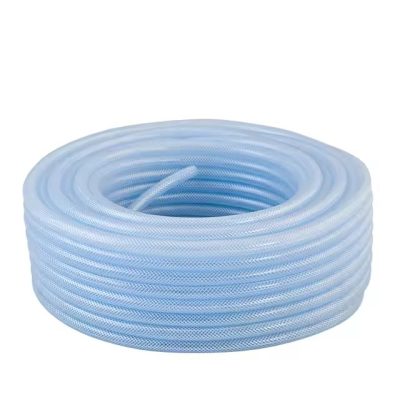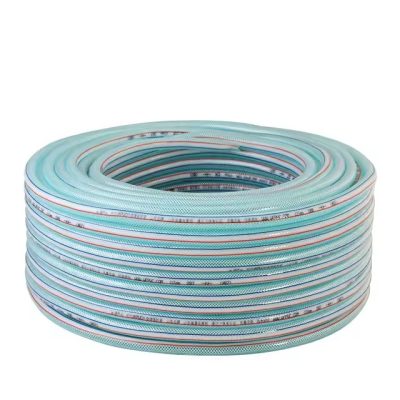In agriculture, PVC hoses play a crucial role in ensuring efficient and effective operations. Their properties make them well-suited for various tasks, from irrigation to chemical applications.
Durability for Rough Conditions: Agricultural environments can be tough on equipment, with hoses often exposed to dirt, UV rays, and physical stress. PVC hoses are designed to withstand these conditions, offering durability and resistance to abrasion. This ensures that they continue to perform reliably even in harsh outdoor settings.
Flexibility for Easy Installation: PVC hoses are highly flexible, making them easy to install and maneuver around agricultural equipment and irrigation systems. Their flexibility allows for smooth routing and placement, reducing the risk of kinks or blockages that could disrupt water flow or other fluid transfers.
Chemical Resistance: In agriculture, PVC hoses are frequently used for transferring fertilizers, pesticides, and other chemicals. Their resistance to a wide range of chemicals helps prevent degradation and ensures that the hoses remain functional and safe for prolonged use.
Temperature Tolerance: PVC hoses can handle moderate temperature variations, which is beneficial for agricultural applications where temperature changes are common. Whether dealing with warm irrigation water or cooler chemical solutions, PVC hoses maintain their flexibility and performance.
Cost-Effective Solution: Budget constraints are often a concern in agriculture. PVC hoses provide an affordable option that delivers reliable performance without breaking the bank. Their cost-effectiveness makes them a popular choice for farmers and agricultural professionals seeking value without compromising quality.








